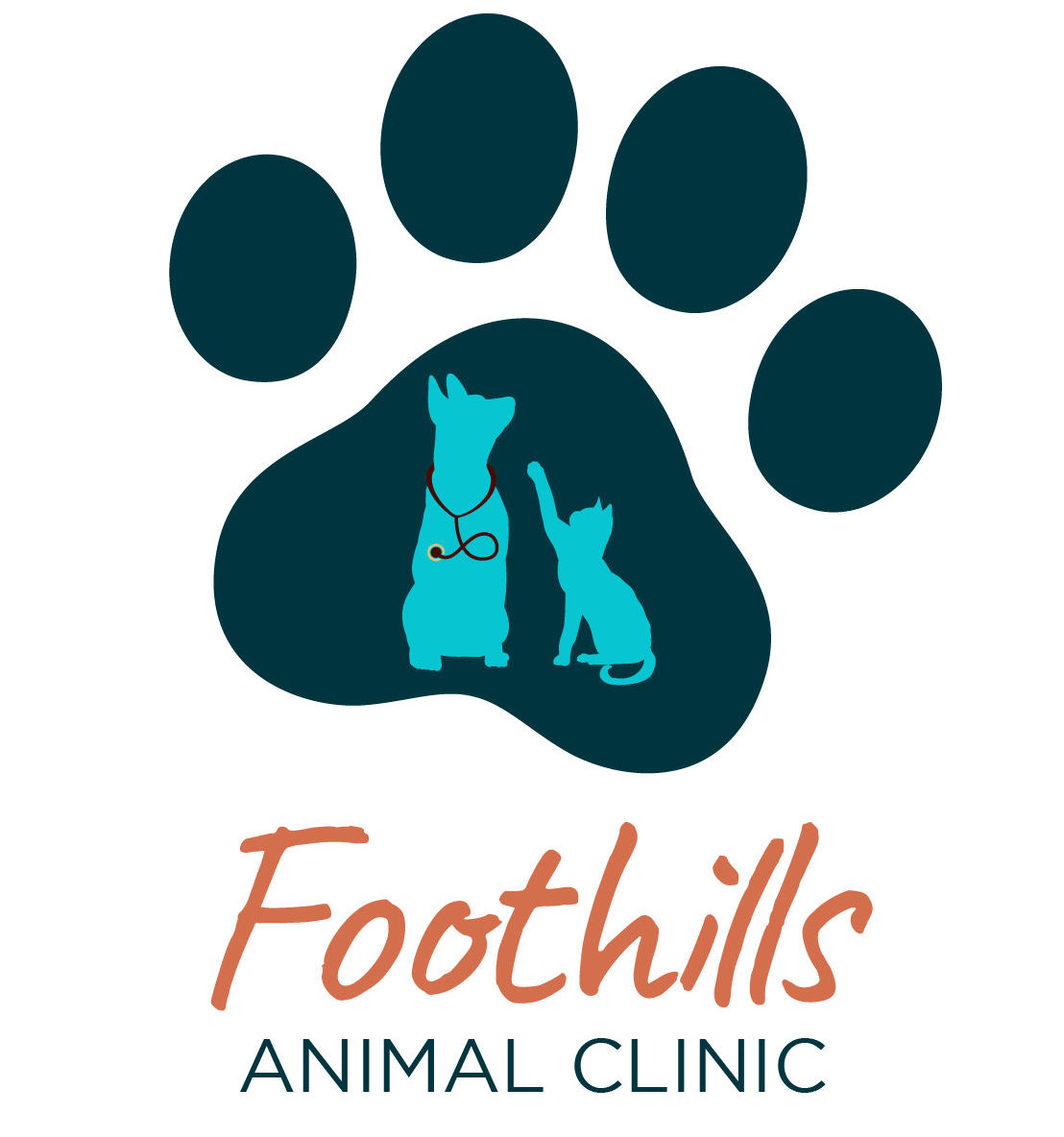FAQs
There is no question too big or too small for our veterinary team. Below are some answers to our most common questions.
You have questions, we have answers
Frequently Asked Questions
At Foothills Animal Clinic, we get a ton of interesting questions from pet parents. Below are some common FAQs that might help answer any questions or concerns. Please feel free to call us at 915-833-4883 for any other concerns you might have about your pet.
What are the Hospital hours?
Monday to Thursday from 8:00am to 6:00pm and on Fridays from 8:00am to 12:00pm
and from 2:00pm to 5:30pm. The clinic is closed on Saturday and Sunday.
Do I need to have an appointment?
What forms of payment do you accept?
Cash, Check, CareCredit, American Express, Discover, Mastercard, and Visa
Can I make payments?
At what age can I have my pet spayed or neutered?
What is the pre-anesthetic blood screening?
This is a blood test that is run here in the clinic prior to surgery. It tests the organ functions, blood counts, and clotting function of your pet. The pre-anesthetic blood screening is done to assure safety during surgery and the ability to heal following surgery.
How long do the sutures stay in after my pet's surgery?
Is it a good idea to let my pet have at least one litter?
No, there is no advantage to letting your pet have one litter. However, there are plenty of advantages to having your pet spayed or neutered. These advantages include decreasing the chances of breast tumors later in life, decreasing the chance of cystic ovaries and uterine infections later in life, decreasing the desire to roam the neighborhood, decreasing the incidence of prostate cancer later in life, helping prevent spraying and marking, and also decreases the surplus of unwanted puppies and kittens.
